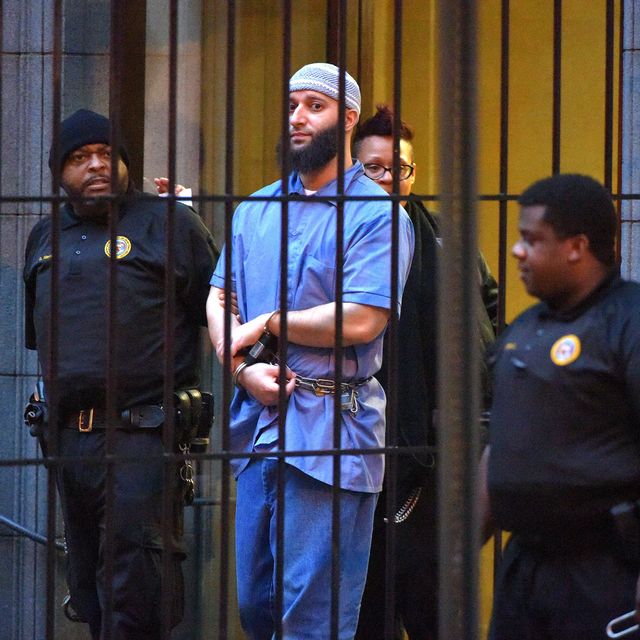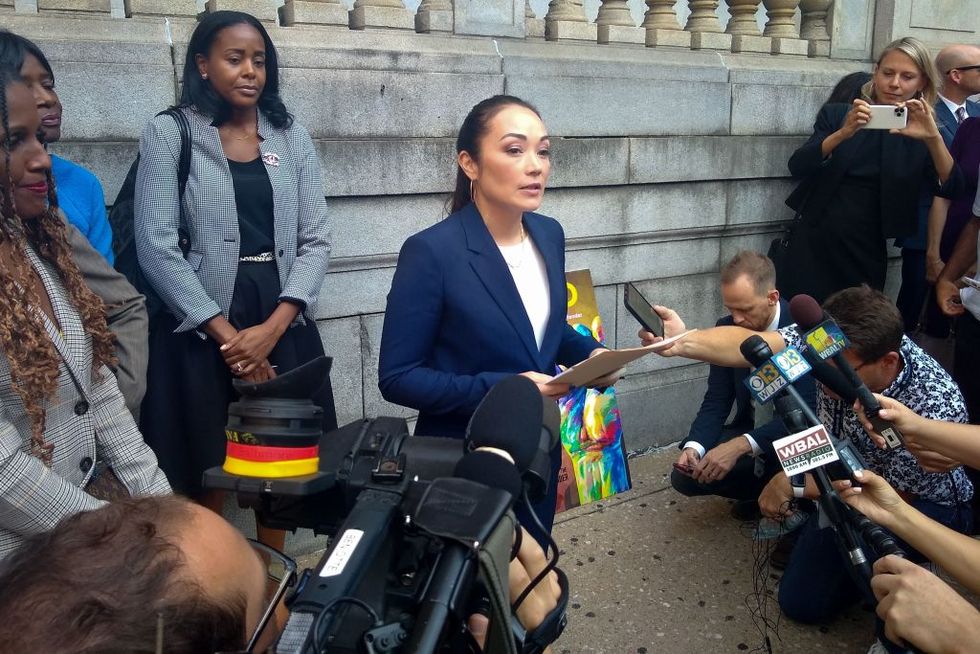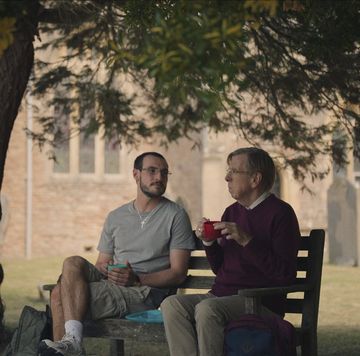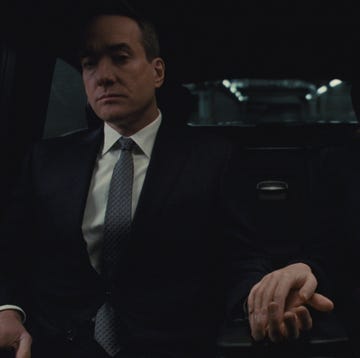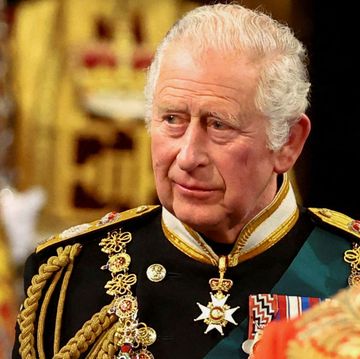After more than two decades behind bars, Adnan Syed – the subject of the first series of Serial podcast – has had his murder conviction overturned and was released from prison by a Baltimore judge on Monday evening.
Syed, as documented in the 2014 true-crime podcast, was convicted of the 1999 murder of his ex-girlfriend, 18-year-old Hae Min Lee, who was found dead in Leakin Park, Baltimore. He was sentenced to life plus 30 years in jail.
As reported by The New York Times, the main evidence authorities had against Syed was a witness statement from a friend of Syed’s called Jay Wilds, who told the police he had helped Syed to bury Lee’s body after Syed confessed to killing Lee: “According to Wilds’s court testimony, Syed had told him earlier that day that he intended to kill Lee. Wilds then borrowed Syed’s car for the day.”
However, the case has always been contentious due to lack of physical evidence linking Syed to the murder, who has always maintained his innocence, and with the evidence being called into question. Syed’s first trial in 1999 ended in a mistrial after three days, after jurors overheard a dispute between Syed’s lawyer and the presiding judge. In 2000, in his second trial lasting six weeks, he was found guilty of first degree murder, kidnapping, false imprisonment, and robbery.
Part of the evidence used to convict Syed at the time depended on mobile phone records, which could theoretically place people at certain locations. However, the validity of this was questioned in 2016, when Syed was granted a retrial. Baltimore City Circuit Court Judge Martin Welch ruled that Syed’s previous lawyer “rendered ineffective assistance when she failed to cross-examine the state's expert regarding the reliability of cell tower location evidence.” The lawyer had also failed to call Asia McClain as an alibi, who, as reported in The Economist had claimed she had been talking to Syed in the library at the exact time that prosecutors said Syed attacked Lee in a Best Buy parking lot several miles away.
Sarah Koenig, creator of the Serial podcast, examined the case in the three-season series and whether Syed was given a fair trial, investigating it by tracking down witnesses, working out whether the prosecution's location timelines were possible, discussing whether there was anti-Muslim bias and speaking to Syed on the phone to get his side of the story from jail. Koenig also worked alongside The Innocence Project on DNA testing, and The Baltimore Sun reported that Maryland prosecutors tested multiple items tied to the murder in mid-2018 and Syed's DNA did not match any of the DNA present.
In 2019, Syed was denied the retrial, but a recent investigation has undermined Syed’s conviction. The Guardian reported that state attorney Marilyn Mosby’s office said an investigation had “revealed undisclosed and newly developed information regarding two alternative suspects, as well as unreliable cell phone tower data”. No further details were given about the two new suspects as investigations are currently underway, but further awaited results of DNA tests could also “certify Syed’s innocence,” Mosby added.
In Monday’s announcement, circuit court judge, Melissa Phinn, ruled that the state had violated its legal obligation to share exculpatory evidence with Syed’s defence, and vacated the conviction. Syed, now 41, was released, but ordered to stay on home detention with GPS monitoring. Phinn then gave the state 30 days to decide whether to seek a new trial or dismiss the case. Phinn said: “All right Mr Syed, you’re free to join your family,” and Syed was set free to cheers from the crowd outside the court.
Rabia Chaudry, who has campaigned for Syed’s release, said previously: “Adnan is my younger brother’s best friend and like a brother to me as well. From the day he was taken from his bed in the pre-dawn hours of 26 February 1999 until today, he has maintained his innocence and I, and my family, have believed him.”
Syed’s lawyer, Erica J. Suter, told a press conference: “He said he can’t believe it’s real. Today is both joyful and incredibly overwhelming.”
However, according to the New York Times, Lee’s brother, Young Lee, addressed the court and said he felt “betrayed and blindsided” about Syed’s release: “This is not a podcast for me. This is real life — a never-ending nightmare for 20-plus years… Whenever I think it’s over, and it’s ended, it always comes back. It’s killing me and killing my mother”.
